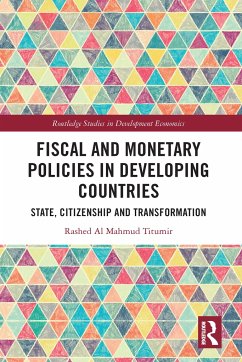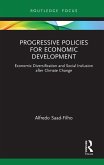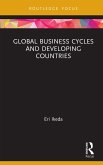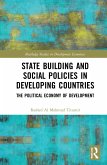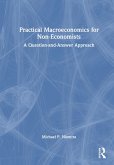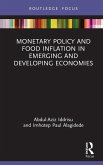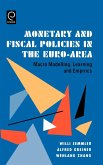The COVID-19 crisis has fractured the pre-existing structural rigidities and institutional fragilities in the economies of developing countries more than ever, necessitating a rethinking of fiscal and monetary policies, the main vehicles for relief, recovery and reconstruction. This book examines the barriers to transformation in developing countries in the wake of the pandemic and analyses the paths to recovery based on an economic policymaking agenda. It juxtaposes fiscal and monetary policies and state-building from pre- and post-colonial periods to the present-day context. It employs an interdisciplinary approach and ventures beyond the well-rehearsed tendency to explain the state of developing countries by considering the experiences of advanced economies. The book utilises data on three levels: the aggregate level using world data, the single-country context with case studies and a cross-country assessment for comparative analysis. Further, the book critically assesses the relevance of different schools of thought and provides nuanced, thought-provoking theoretical apparatuses applicable to developing countries, as well as allowing the reader to undertake a country-specific analysis through the detailed historical country case studies undertaken in each chapter. Each chapter has a detailed and separate theoretical and empirical section for the ease of understanding of the key propositions in the book. The book will find an audience among scholars and researchers alike, who wish to gain a deeper understanding of the formulation of fiscal and monetary policies, specifically in developing countries. For policymakers and policy advocates, the book will serve as the groundwork for monetary and fiscal policies in the context of developing countries, providing more relevant instruments for transformational pathways.
Hinweis: Dieser Artikel kann nur an eine deutsche Lieferadresse ausgeliefert werden.
Hinweis: Dieser Artikel kann nur an eine deutsche Lieferadresse ausgeliefert werden.
"Rashed Al Mahmud Titumir's book, Fiscal and Monetary Policies in Developing Countries: State, Citizenship and Transformation, is a testimony on the role of fiscal and monetary policies in state-building in developing countries. An economist from an advanced economy may be perplexed by the argument that fiscal and monetary policies contribute to state-building, because conventional thinking limits the role of fiscal and monetary policies in state-building. The book has provided food for thought for those who are intrigued by the role of fiscal and monetary policies in state-building in developing countries. [...] The book is a good read on the role of fiscal and monetary policies in state-building for scholars, students, policymakers and politicians." - Bhim Bhurtel, Nepal Open University, Columnist, Asia Times, review appearing in UNESCAP.org 2023

